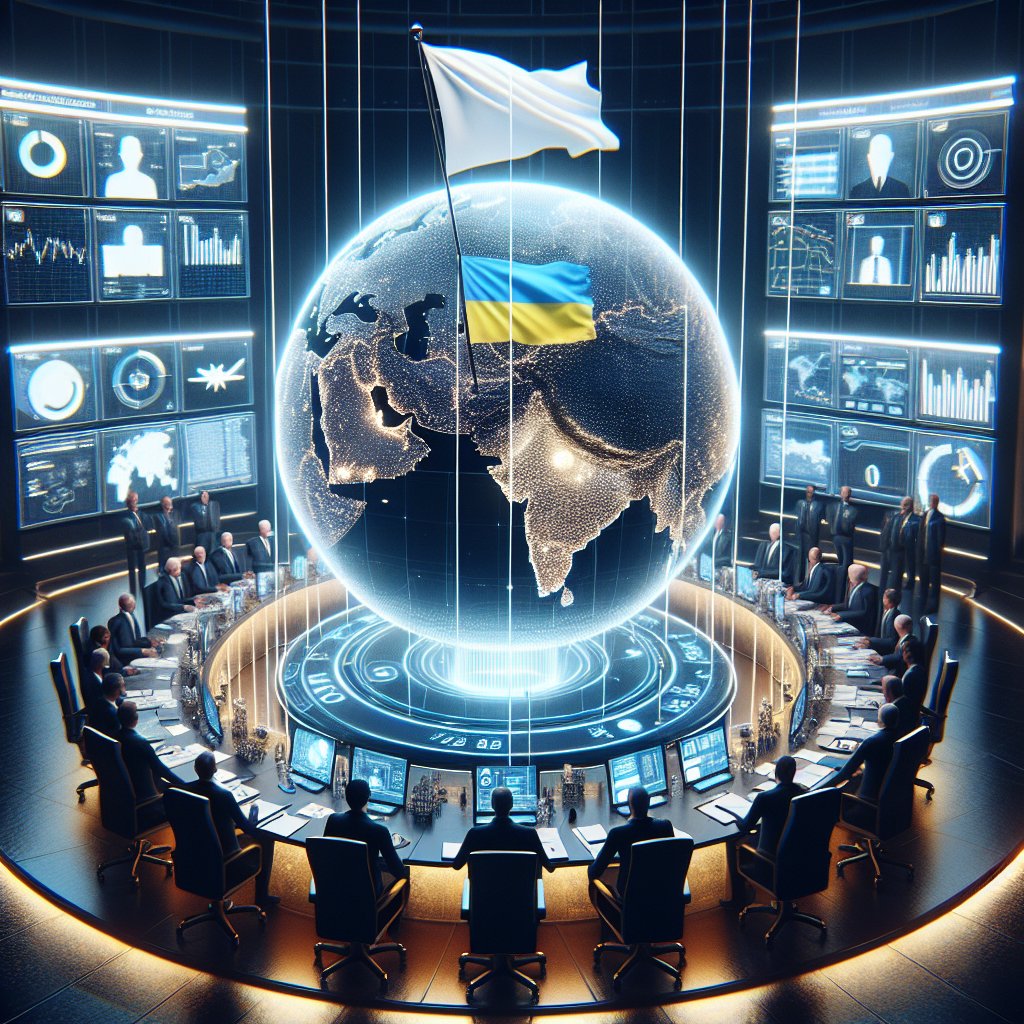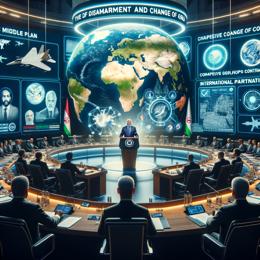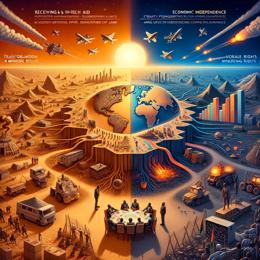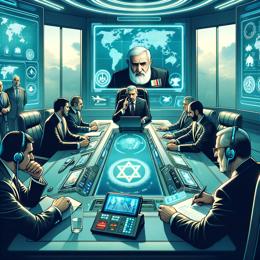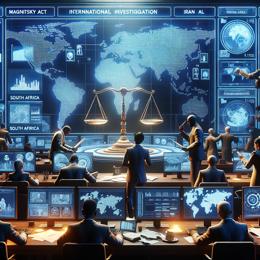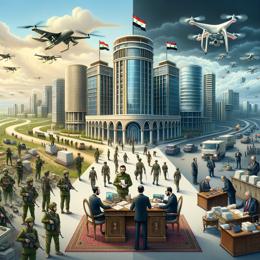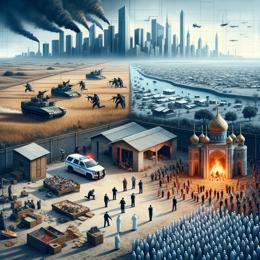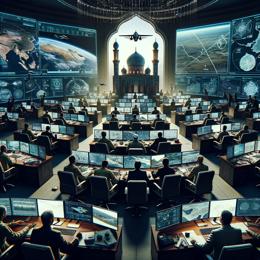Image created by AI
Pope Calls for Ukraine Negotiations as Russia and NATO Respond Differently
The recent call by Pope Francis for Ukraine to consider negotiating an end to the ongoing war has triggered contrasting reactions from global powers, highlighting the complex geopolitics surrounding the conflict now stretching into its third year. The pontiff's call was made in an interview recorded last month, capturing global attention as he stressed the need for "the courage of the white flag."
Kremlin spokesperson Dmitry Peskov acknowledged the Pope’s sentiments, aligning them with Russian President Vladimir Putin’s longstanding openness to peace talks. Despite this, Peskov criticized the consistent rejections faced by Moscow's calls for negotiation, despite these proposals being heavily contingent upon Kyiv conceding to Russia's territorial claims over captured Ukrainian land, portions of which have been unilaterally declared as Russian.
NATO's Secretary-General Jens Stoltenberg conveyed a markedly different stance from the North Atlantic Treaty Organization's headquarters in Brussels. In conversation with Reuters, Stoltenberg underscored the prerequisite of military support for Ukraine to facilitate talks aimed at a peaceful resolution that honors the nation's sovereignty and independence. He emphasized that it was not the moment for Ukraine to consider surrender, positing such a move as detrimental not only for Ukraine but also as a perilous precedent for global security. He suggested that surrender would signal to Moscow that its aggressive military endeavors and territorial invasions are effective strategies.
Amid these international discourses, Ukrainian President Volodymyr Zelenskyy has expressed skepticism towards the Pope's overture for "virtual mediation,” remarking in his nightly video address that true support comes from those actively engaged with the Ukrainian struggle, not from ones offering distant intermediation. Zelenskyy maintained his stance that no dialogue could commence with Putin, reinforcing his previous decree and projecting that Russia would not partake in any forthcoming peace summits to be hosted in Switzerland.
The unfolding narrative illustrates deepening geopolitical divides, with Russia seizing upon the Pope's words as an endorsement of dialogue while NATO remains steadfast in its support of Ukraine's resistance against Russian advances. Ukraine continues to garner support from its allies committed to its defense and ultimate sovereignty, raising questions about the future trajectory of diplomacy and conflict in the region.
